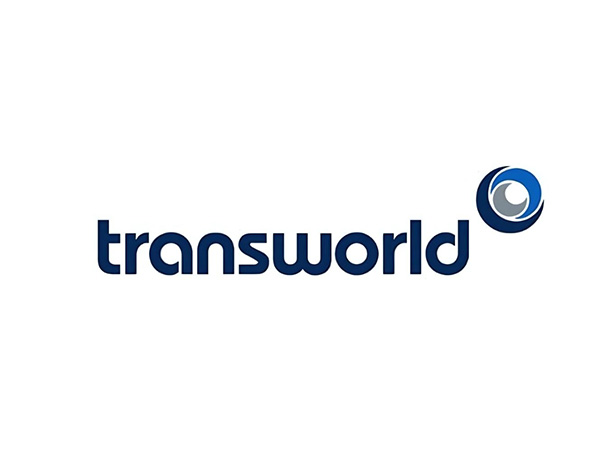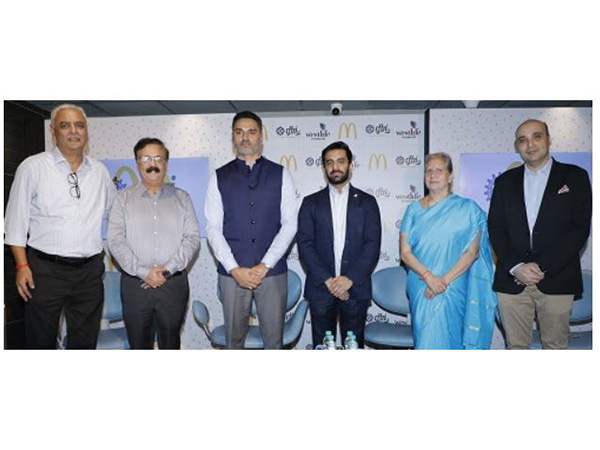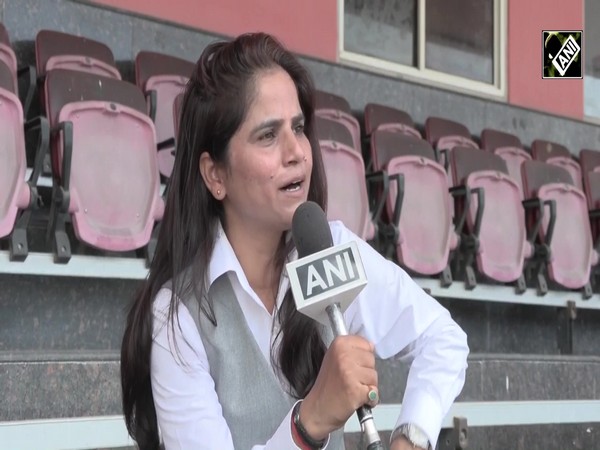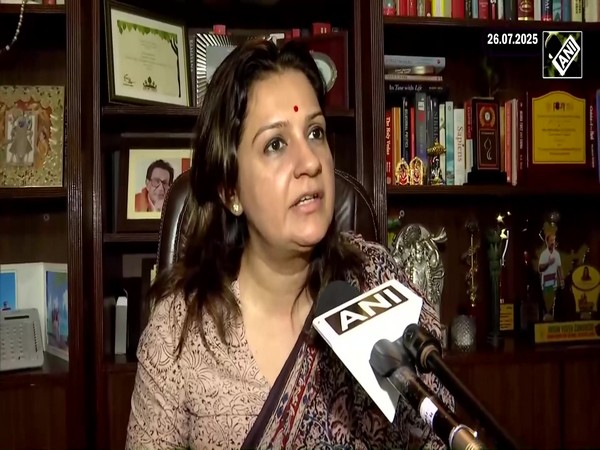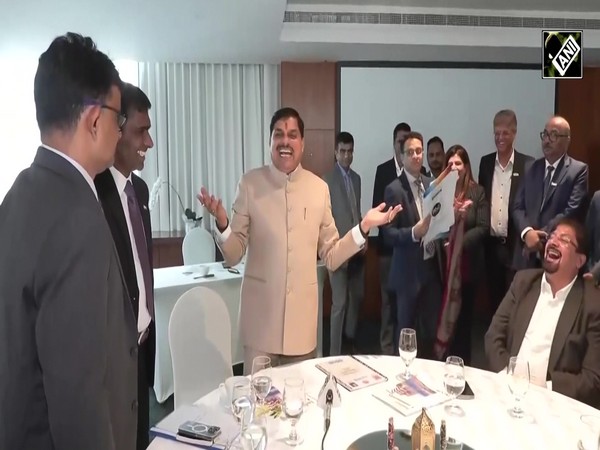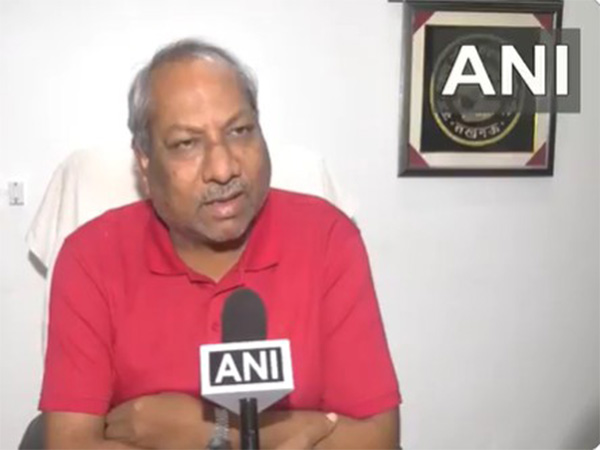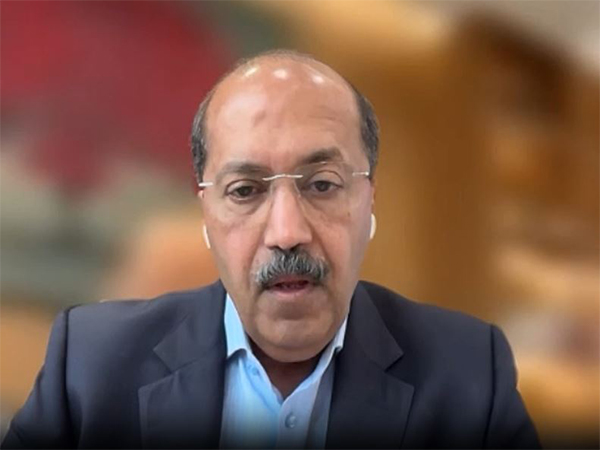
India-UK trade pact opens golden door for private sector growth, says ASSOCHAM chief
Jul 28, 2025
Mumbai (Maharashtra) [India], July 28 : The India-UK Comprehensive Economic Trade Agreement (CETA) presents unprecedented opportunities for Indian businesses to expand into British markets, with the potential to double current export levels within six years.
Sanjay Nayar, President of ASSOCHAM and Founder-Chairman of Sorin Investment Fund, described the trade pact as a "golden opportunity" that establishes clear frameworks for mutual market access while safeguarding local interests through mutual trust.
"India needs to grow exports beyond services into goods and trade. This agreement provides a huge opportunity," Nayar told ANI in an exclusive interview.
"In pharmaceuticals, electronics, and auto components, we literally have a clear path to achieve double our current exports to the UK if we execute it correctly."
The ambitious target aims to reach USD 120 billion in bilateral trade by 2030, representing a significant leap from current levels.
What sets this agreement apart from conventional free trade deals is its comprehensive scope extending far beyond tariff reductions. The CETA encompasses services liberalisation, investment facilitation, professional mobility, and crucially, public procurement access.
"This FTA opens up UK public procurement infrastructure for Indian IT companies, construction firms, and medical sector businesses," Nayar explained. "Indian companies can now bid for government contracts across these sectors."
The agreement also addresses long-standing issues around professional mobility.
By resolving double taxation convention problems, it will save approximately USD 500 million that would otherwise be lost to redundant employer and employee contributions.
"This benefits mobility of our professionals big time," Nayar emphasized, highlighting how the change will make it more attractive for Indian professionals to work in the UK market.
While praising the government's negotiation efforts, Nayar stressed that the real work now begins for the private sector.
"The government has done most of the heavy lifting. Now the private sector needs to focus on how to capitalize on this and convert it into real exports."
The challenge for Indian businesses will be translating the policy framework into tangible market penetration and export growth across key sectors including technology services, pharmaceuticals, automotive components, and construction.


